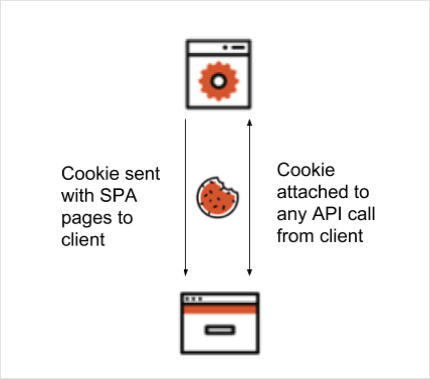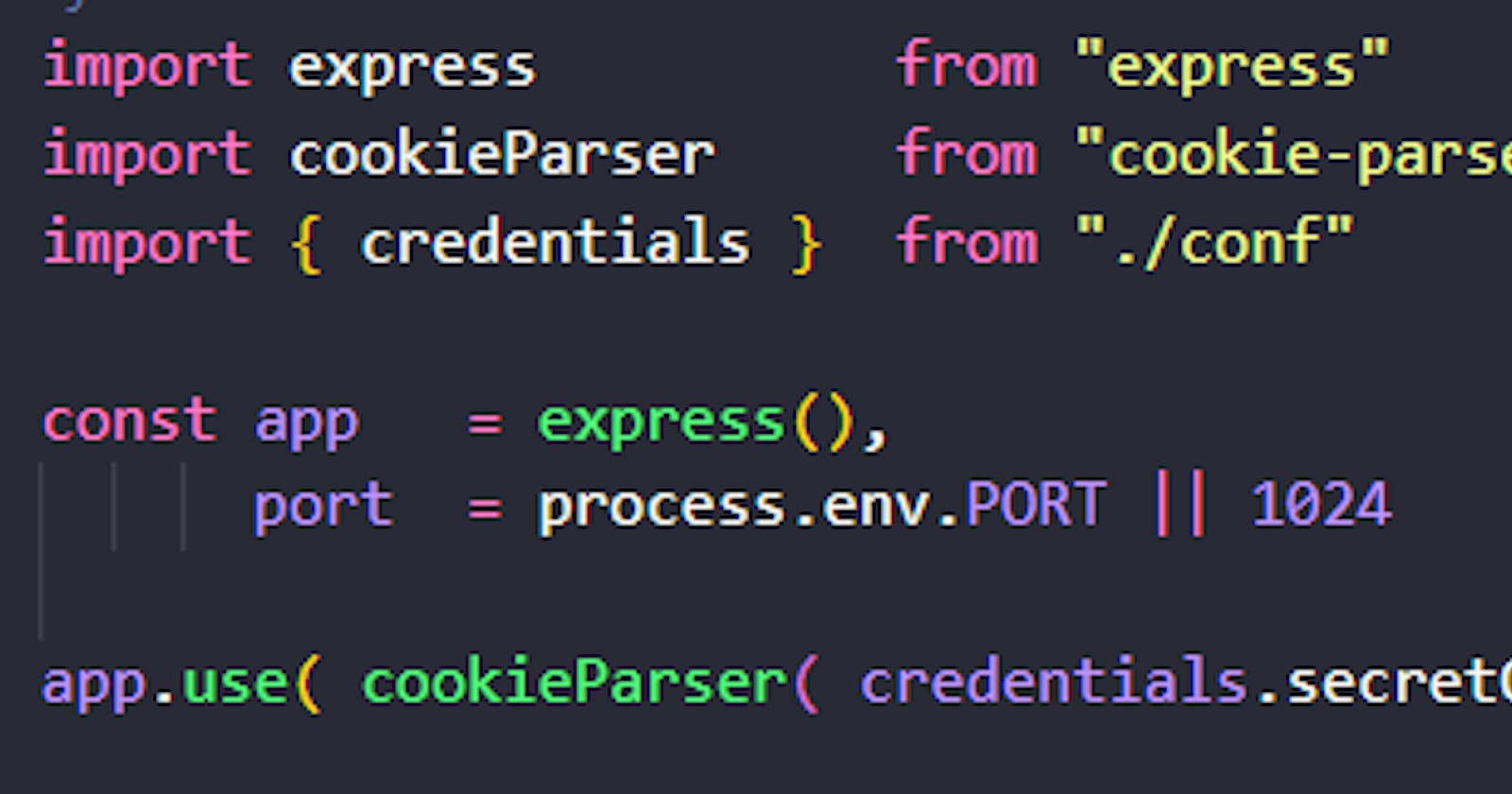Navigating Stateful Seas: A Deep Dive into Cookies and Cookie Parser in Backend Development
Introduction:
In the vast ocean of backend development, the concept of cookies emerges as a beacon for managing state and enhancing user experiences. The Cookie Parser, a trusty companion in this voyage, helps developers navigate the complexities of handling cookies seamlessly. This comprehensive guide aims to provide an in-depth exploration of cookies, their significance, and the indispensable role played by the Cookie Parser in backend development.
Understanding Cookies:
Introduction to Cookies:
- Cookies are small pieces of data stored on the client's browser. They serve as a mechanism for persisting user-specific information between client and server interactions.
Why Cookies?
- Cookies are essential for creating stateful applications, allowing developers to maintain user sessions, personalize content, and track user activities.
Anatomy of a Cookie:
Cookie Structure:
- Exploring the components of a cookie, including key-value pairs, expiration dates, domain restrictions, and security attributes.
Types of Cookies:
- Differentiating between session cookies and persistent cookies, understanding their lifespan and use cases in web applications.
Working with Cookies in Backend Development:
Setting Cookies:
- Demonstrating how to set cookies in the backend, including options such as expiration time, secure flags, and HTTP-only attributes.
Reading Cookies:
- Accessing and reading cookies on the server side, extracting valuable information stored in cookies for personalized user experiences.
Updating and Deleting Cookies:
- Implementing strategies for updating and deleting cookies, ensuring dynamic and secure management of user data.

Cookie Security Considerations:
Secure and HTTP-only Flags:
- Utilizing the
SecureandHttpOnlyflags to enhance cookie security, preventing attacks such as session hijacking and cross-site scripting (XSS).
- Utilizing the
SameSite Attribute:
- Understanding the SameSite attribute and its role in preventing cross-site request forgery (CSRF) attacks by controlling when cookies are sent to the server.
Cookie Parser in Backend Development:
Introduction to Cookie Parser:
- Cookie Parser is a middleware for Node.js that simplifies the process of parsing and handling cookies in HTTP requests.
Installation and Setup:
- Step-by-step instructions on installing Cookie Parser in a Node.js project, configuring it to work seamlessly with Express.js or other backend frameworks.
Middleware Integration:
- Integrating Cookie Parser into middleware stacks, ensuring that cookies are parsed and made available for subsequent server-side operations.
Cookie Parser Features:
Parsing Cookie Header:
- Exploring how Cookie Parser parses the cookie header from incoming requests, making cookie data accessible in the request object.
Signed Cookies:
- Implementing signed cookies with Cookie Parser, enhancing security by adding a signature to the cookie to detect tampering.
JSON Cookies:
- Leveraging Cookie Parser's support for JSON cookies, allowing developers to store complex data structures as cookies.
Advanced Cookie Handling:
Cookie Encryption:
- Implementing cookie encryption techniques to safeguard sensitive data stored in cookies, adding an extra layer of protection against unauthorized access.
Customizing Cookie Parsing:
- Customizing the parsing behavior of Cookie Parser, adapting it to specific project requirements and handling edge cases.
Real-world Applications:
User Authentication and Sessions:
- Implementing user authentication and session management using cookies, providing secure and persistent login experiences.
Personalization and Tracking:
- Leveraging cookies for personalizing user experiences, tracking user preferences, and delivering tailored content.
Logging and Monitoring:
Logging Cookie Activities:
- Implementing effective logging mechanisms for cookie-related activities, aiding in auditing, debugging, and monitoring potential security threats.
Monitoring with Analytics:
- Utilizing analytics tools to monitor cookie usage patterns, tracking user interactions, and optimizing the backend for performance.
Conclusion:
Cookies, accompanied by the trusty Cookie Parser, form an integral part of the backend developer's toolkit, enabling the creation of stateful and personalized web applications. This comprehensive guide has navigated through the intricacies of cookies, their structure, security considerations, and the pivotal role played by Cookie Parser in backend development. As you set sail into the world of stateful web applications, may your cookies be secure, your parsing be seamless, and your user experiences be nothing short of exceptional.
Thank you for your time. Hope to see you in the next one.

